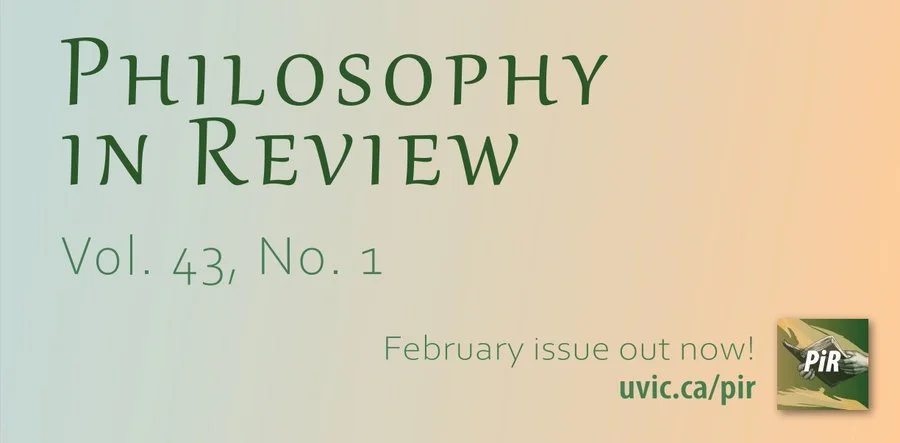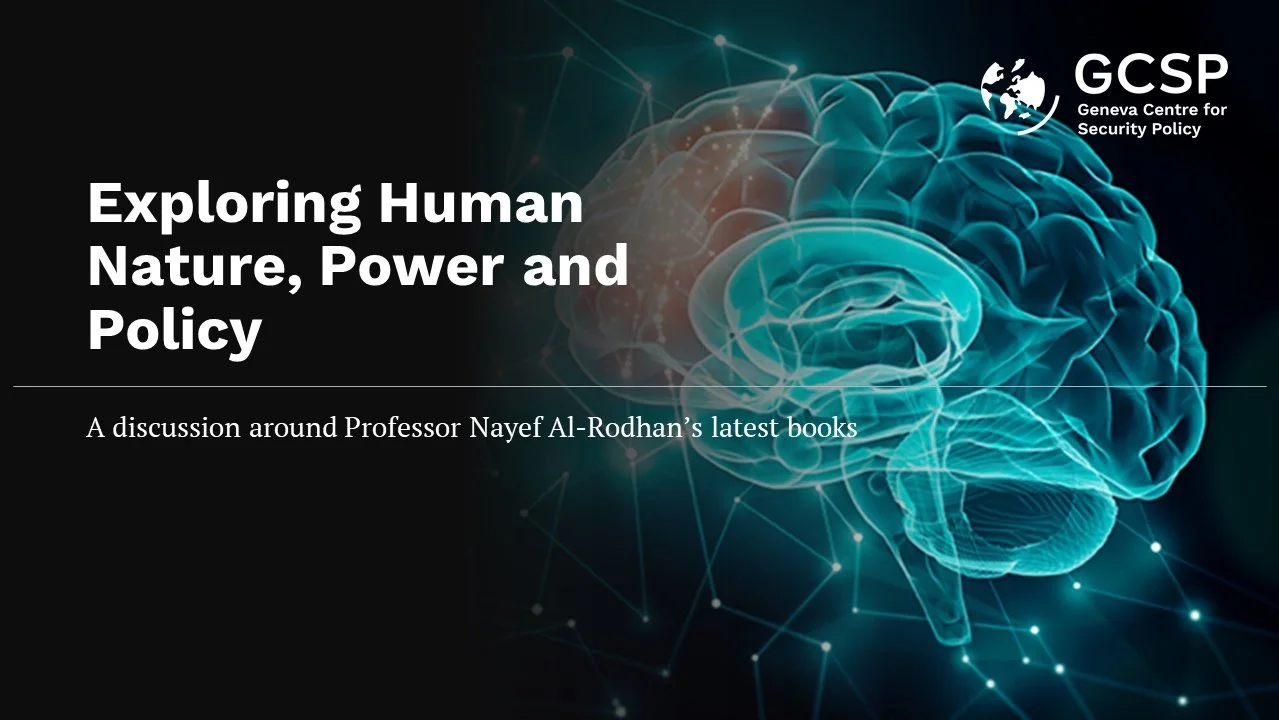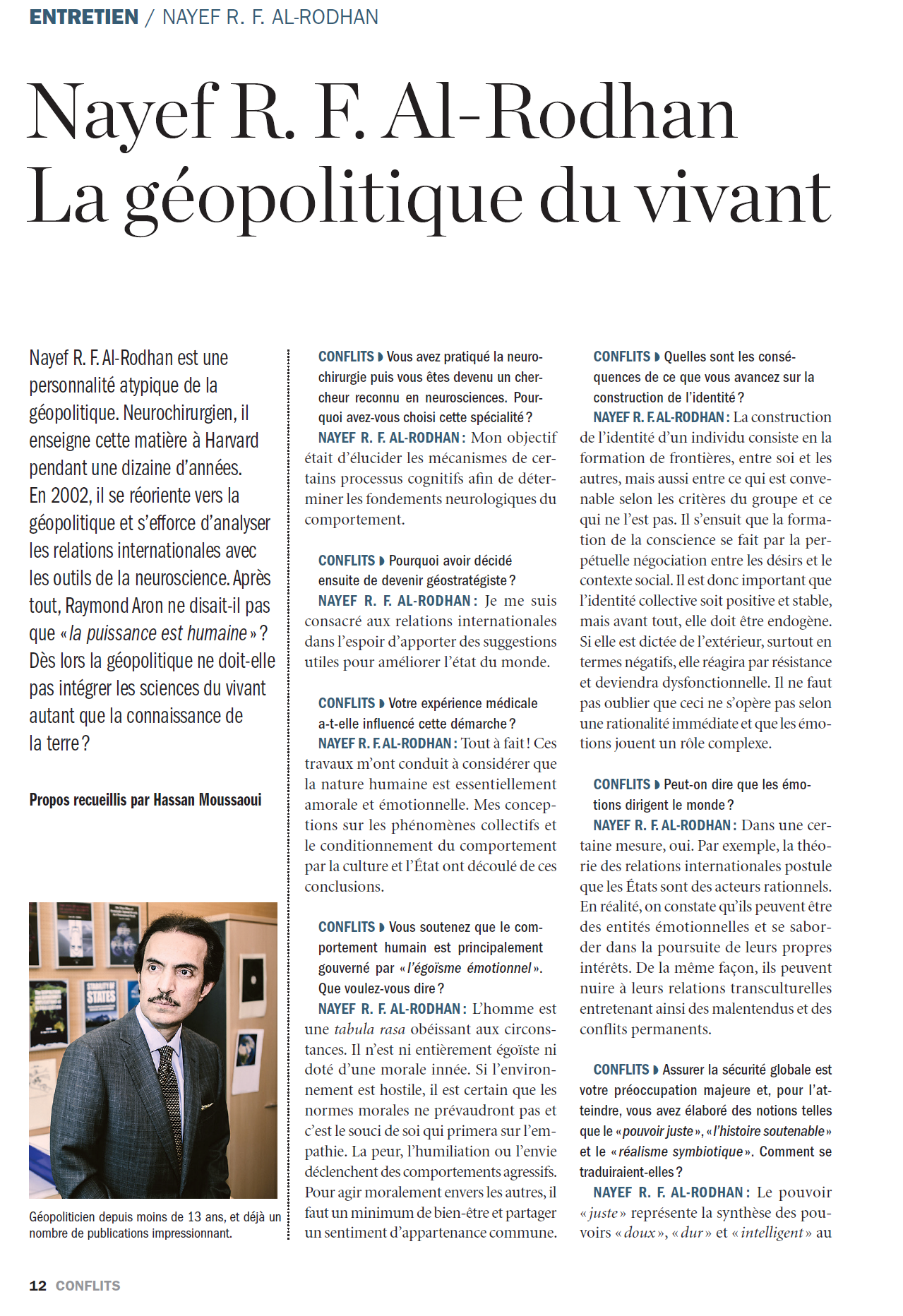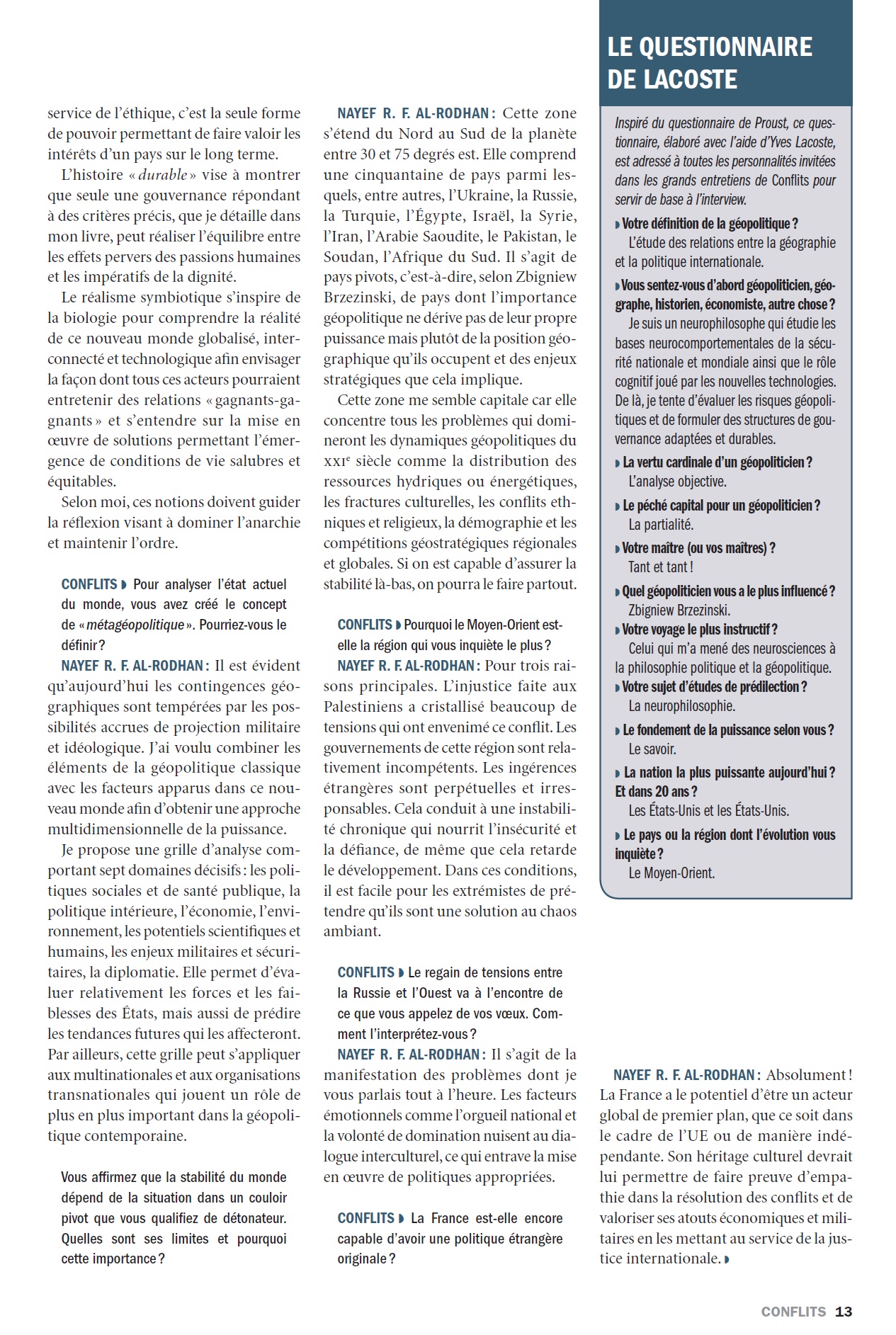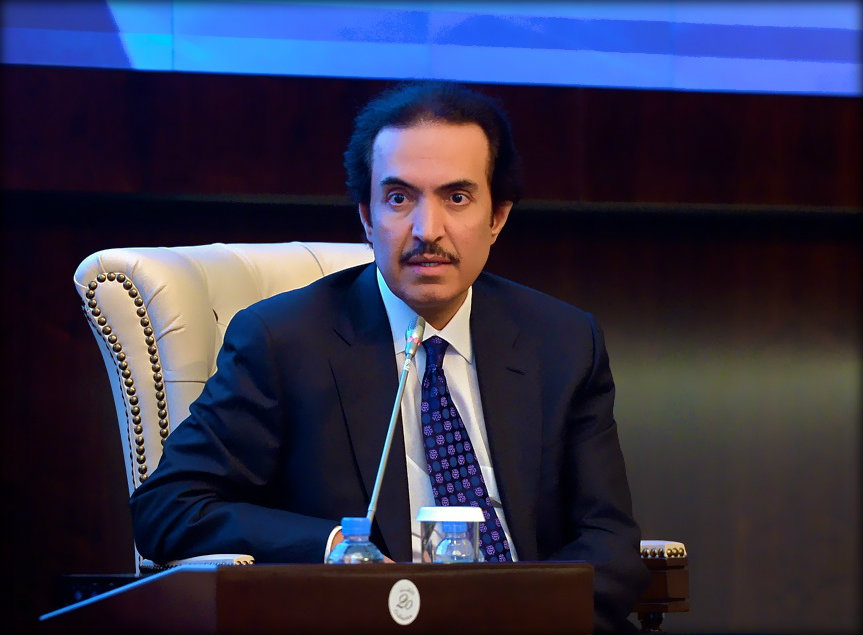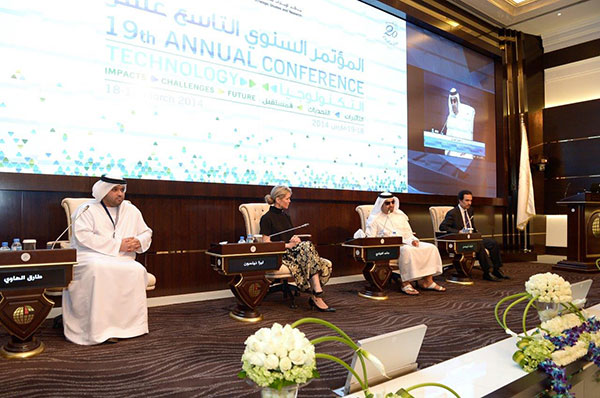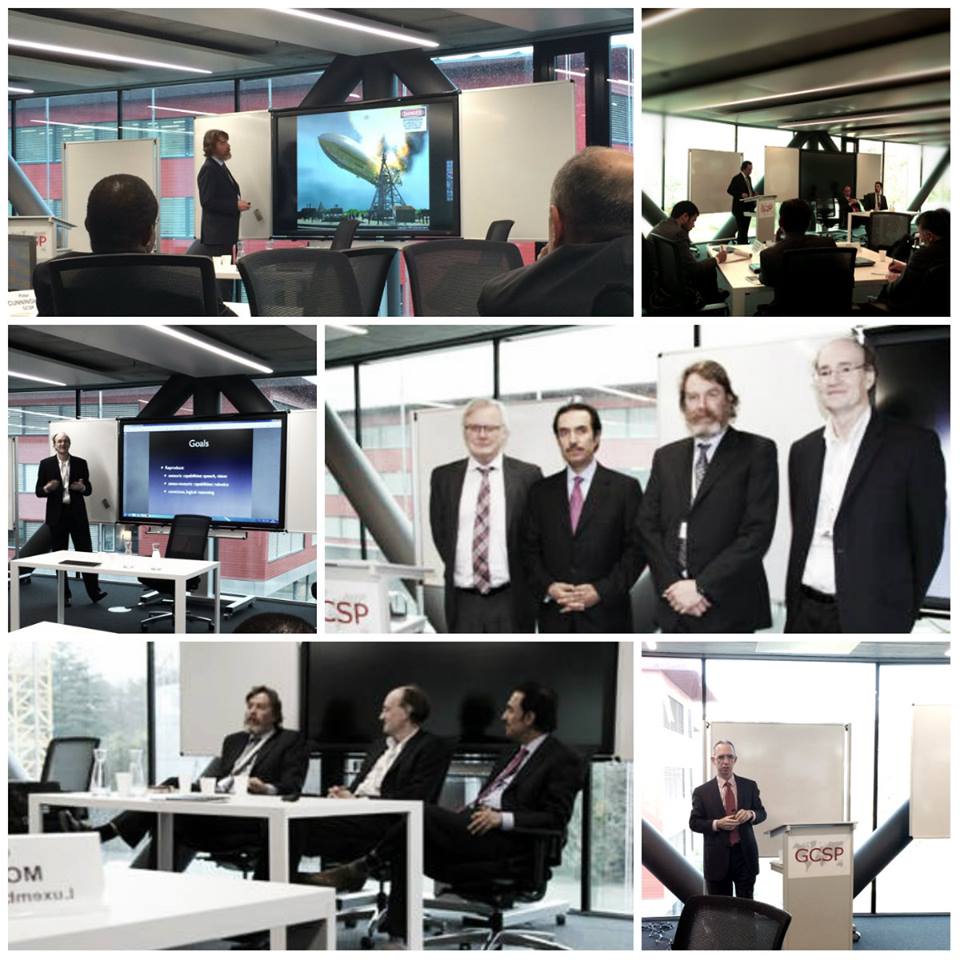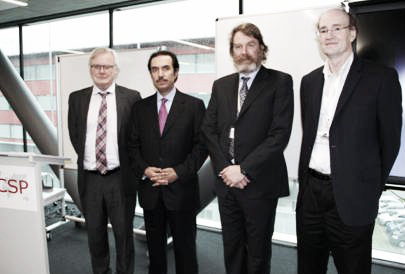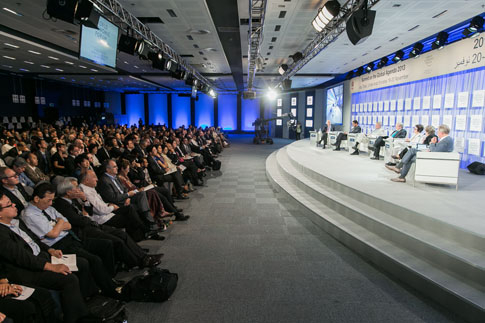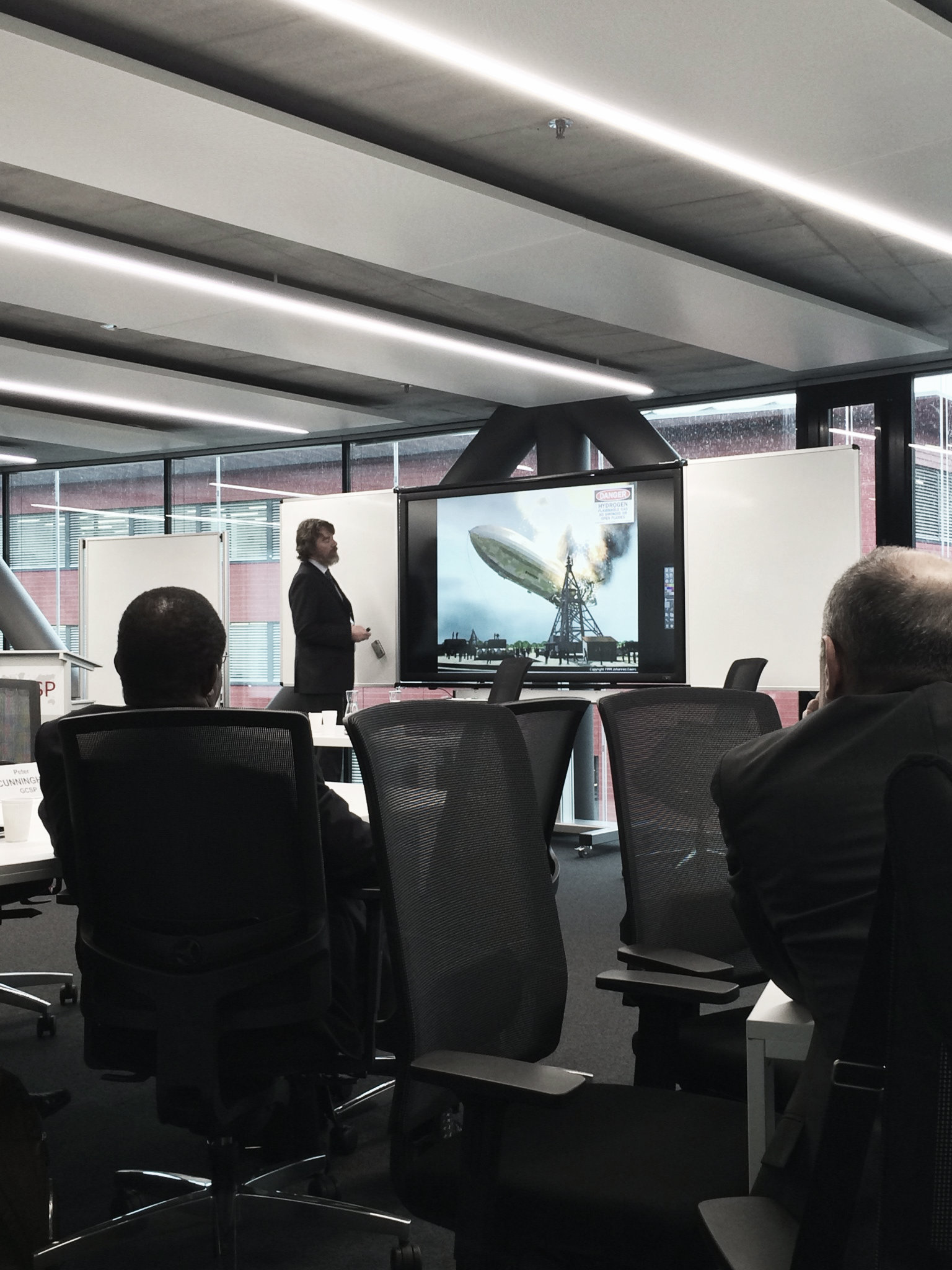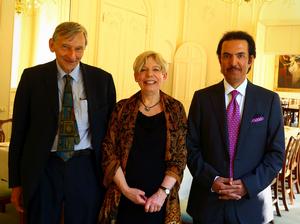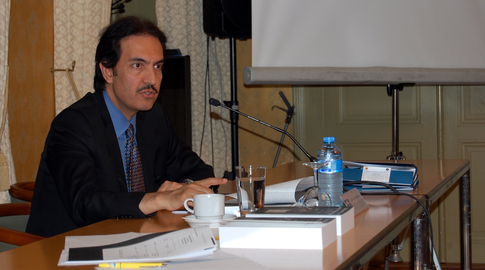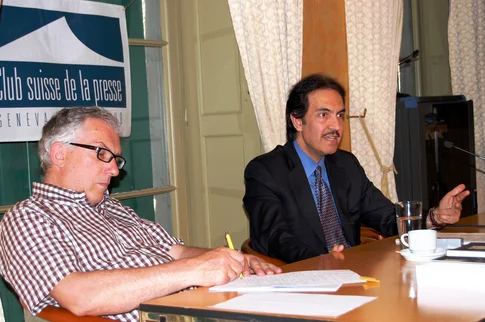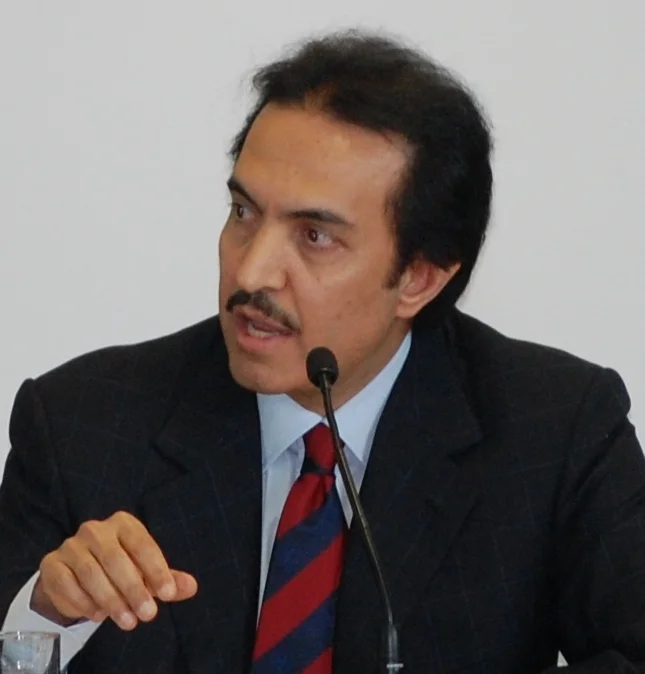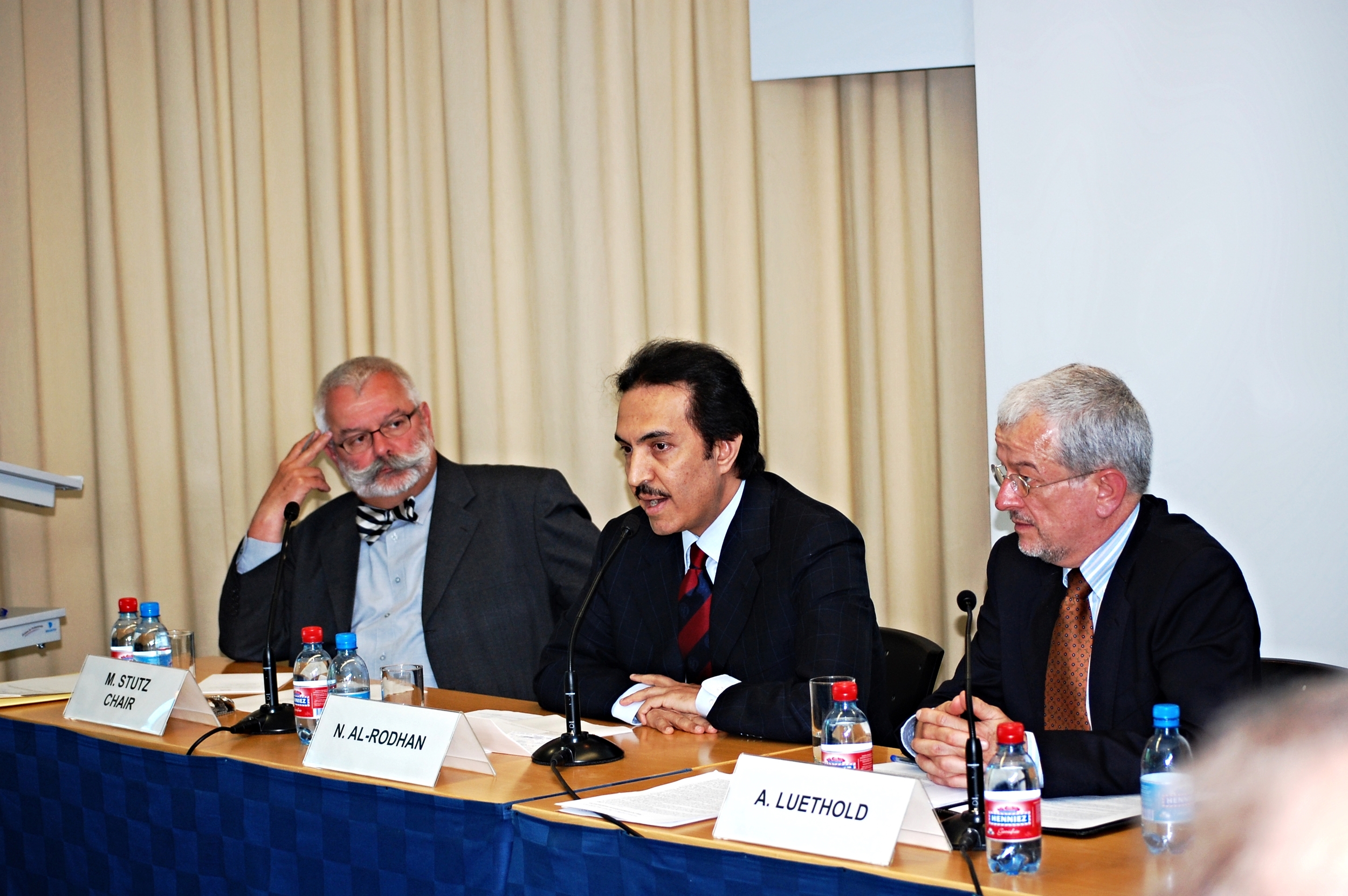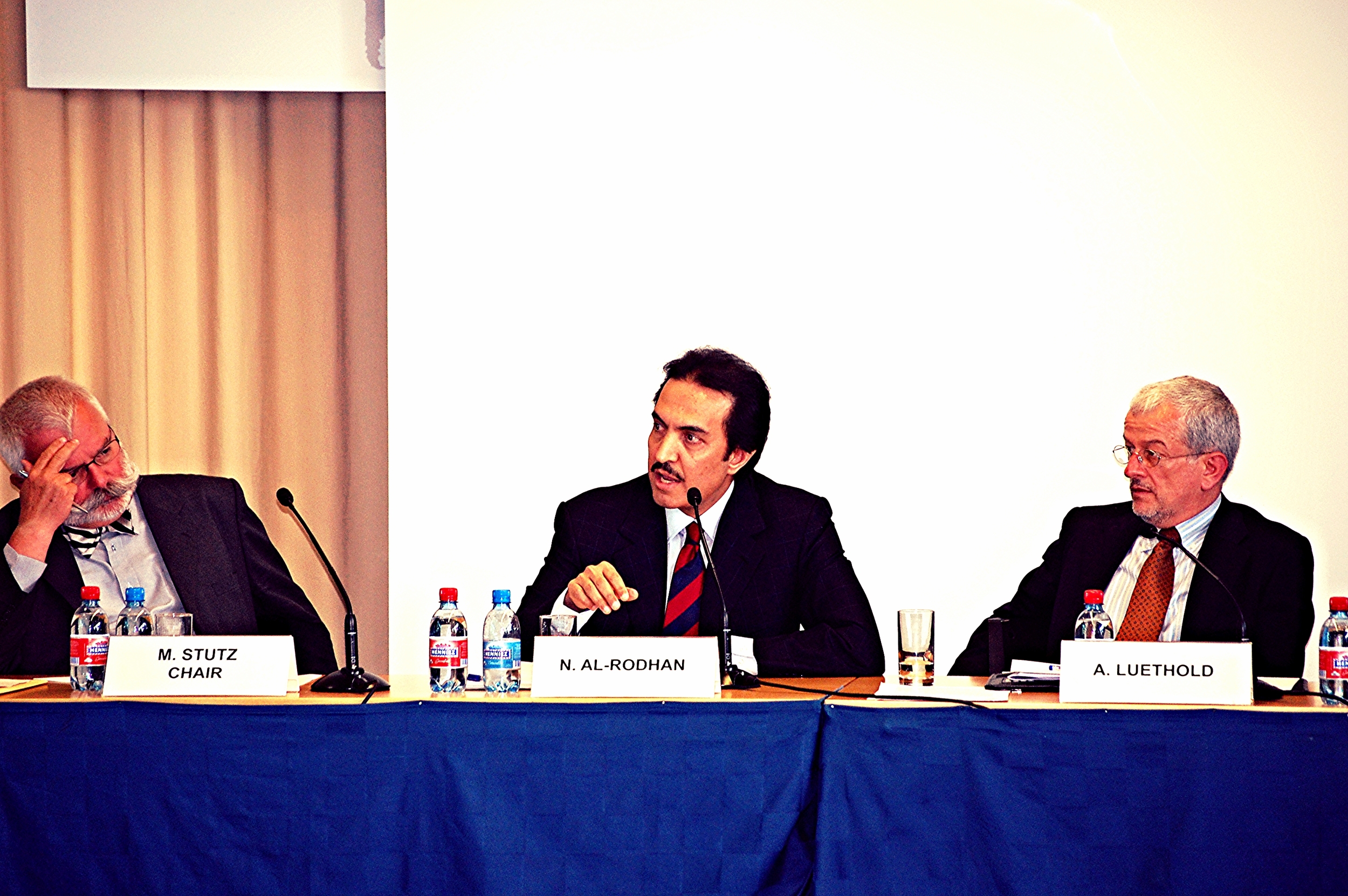News & Media
News & Media
Extract from speech given by Professor Jonathan Birch (Professor of Philosophy and Director of The Jeremy Coller Centre for Animal Sentience within LSE’s Department of Philosophy, Logic and Scientific Method) on the importance of Transdisciplinary Philosophy for our current times. (November 2025)
Extract from speech given by Professor Lucy O’Brien (Richard Wollheim Professor of Philosophy at University College London and Chair of the Council, The Royal Institute of Philosophy) on the intellectual breadth of Transdisciplinary Philosophy and the philosophical and global relevance of the The Nayef Al-Rodhan Manifesto For Transdisciplinary Philosophy. (November 2025)
Article about my Symbiotic Realism paradigm by Ambassador Diego Brasioli, published in Rivista di Studi Politici Internazionali (RSPI), Italy’s leading international relations journal, titled ‘Symbiotic Realism: A New Vision of International Relations in a Complex World’ (original title: Una nuova visione delle relazioni internazionali nel mondo della complessità: il realismo simbiotico) | October 2024
🖥 Watch the replay of the GCSP virtual event organised on the occasion of the publication of my two books:
- On Power: Neurophilosophical Foundations and Policy Implications
- Emotional Amoral Egoism: A Neurophilosophy of Human Nature and Motivations
Honoured to give a keynote speech on "Transhumanism and Global Security" at the Finland Defence Forces annual Round Table, Helsinki, Finland, November 2017
The McKay Interview
Interview of Professor Nayef Al-Rodhan on 22 May 2017
Beware the dangers of disruptive technologies
Posted on 8 May 2015 by geofftansey
Yesterday, in what turned out to be a very disruptive day for many in British politics as the results of the UK general election today made clear, it now seems fitting that I went to a talk on disruptive technologies and the ethical implications and threats and opportunities they pose.
Thanks to an invitation from Prof Graham Dutfield at Leeds University’s School of Law, I heard philosopher, neuroscientist and geostrategist Prof Nayef Al-Rodhan, Senior Fellow and Programme Director of the Geopolitics and Global Futures Programme at the Geneva Center for Security Policy, Geneva, Switzerland.
He highlighted his concerns about a wide range of emerging technologies, ranging from Artificial intelligence to synthetic biology to precision genetic engineering, to quantum computing, to neuromorphic chip technology. The way many of these were converging together, their potential for contamination of the biosphere and three in particular were of concern as he explained in a brief interview after his talk. He also outlined his view of human nature as emotional, amoral egoism.
He called for precautionary-based regulation now before it was too late to manage these emerging technologies. You can find much more about his work and numerous publications in this area on his website Sustainable History.
May 2015, Chapter on Glocal Trends and Their Impact on Space in the European Space Policy Institute Yearbook on Space Policy 2012/2013.
Chapter 3
Global Trends and Their Impact on Space
Nayef Al-Rodhan
This article addresses global trends and their impact on outer space issues from three main perspectives: (1) current and future challenges in outer Space, (2) developments in the international system over the past two decades, and (3) how these changes in the international system reflect on space issues, policies, challenges and opportunities.
3.1 What Challenges Exist in Outer Space?
Currently, there are three main issues and challenges that can be identified in outer space. First, the Outer Space environment belongs to everyone, which means that it is a modern day “Global Commons”. Second, humanity is now at a juncture where it is increasingly and irreversibly dependent on Space. This has caused outer space to become more and more congested. Third, geopolitical competition and stakes in Space and on Earth are intertwined and interdependent, thus it has become contested.
3.2 What Has Changed in the International System Over the Past Two Decades?
The information/communications revolution over the past two decades has made the world increasingly globalised. The effects of this are manifold, yet two main consequences can be identified: instant connectivity and deepening interdependence. This has the potential to alter the global game for all of humanity, affecting actors and interactions at all levels. As suggested in a previous work, The Five Dimensions of Global Security: Proposal for a multi-Sum Security Principle, while the state remains the most pivotal unitary actor in the global system, global security is much more complex than the collection of the national securities of various states. Thinking of global security thus implies taking into account five dimensions: (1) National Security; (2) Transnational Security; (3) Human Security; (4) Environmental Security; and (5) Transcultural Security.[1]
Security issues and policies therefore need to be reconsidered in our globalised world, no longer fitting the simple classic scenario of a competition between weak and strong states. Therefore, rather than employing the paradigm of zero-sum security, and the so-called “Security Dilemma” which are no longer useful and may even be counter-productive, it is now more useful to advance the notion of what I have called the Multi-Sum Security Principle (MSSP), which states that:
“In a globalized world, security can no longer be thought of as a zero-sum game involving states alone. Global security, instead, has five dimensions that include human, environmental, national, transnational and transcultural security and, therefore, global security and the security of any state or culture cannot be achieved without good governance at all levels that guarantees security through justice for all individuals, states and cultures.”[2]
Therefore, global justice, irrespective of how we choose to define it, is a pre-requisite for the sustainable security of individual states as well as that of the global system.[3] Geopolitical issues today, including in the outer space domain, need to be rethought and expanded to a definition that accounts for geopolitics in a more comprehensive way. A “Meta-Geopolitics Framework” is thus more appropriate, incorporating both traditional and new dimensions of geopolitics.[4] The Meta- Geopolitics framework includes seven state capacities which are: (1) Social and health issues, (2) Domestic politics, (3) Economy, (4) the environment, (5) Science and human potential, (6) Military and security issues and, (7) International diplomacy.
To better understand and explain our contemporary international system at large, as well as cooperation or antagonism over space issues in particular, realist interpretations of the international system prove inadequate. In a globally-anarchic world of instant connectivity and deepening interdependence, realism needs to be amended. A better way to make sense of this evolving global context is through what I called Symbiotic Realism, a theory of International Relations that explains
[1] Al-Rodhan N (2007) The Five Dimensions of Global Security. Proposals for a Multi-sum
Security Principle. LIT, Berlin, 35.
[2] Al-Rodhan N (2007) The Five Dimensions of Global Security. LIT, Berlin, 31.
[3] Al-Rodhan, Nayef “Sustainable Power is Just Power” 5 Dec. 2013 e-IR 18 Jan. 2014. http://www.
e-ir.info/2013/12/05/sustainable-power-is-just-power/?utm_source¼twitterfeed&utm_medium¼
twitter.
[4] Al-Rodhan N (2012) Meta-Geopolitics of Outer Space. An Analysis of Space Power, Security
and Governance. Palgrave Macmillan, London, 19.
March 2015, Podcast from the lecture on "Neuroscience, Identities, and Global Security" at the Zurich University Neuroscience and Human Rights Conference.
Journalist Guy Mettan discusses humanitarian challenges, citing Professor Al- Rodhan's views on Big Data. Read More
January 2015 Interview for Conflits Magazine
Photos and Videos
Feedback and Reviews
Estropico, Letture:
Come il potenziamento umano e altre tecnologie emergenti cambieranno la geopolitica, posted on 6th of February 2012.
Massimo Benocci,
International security, could we also call it emotions?", L'Occidentale, posted 3rd July 2011.
Top 3 books reviewed by Tel Asiado on Suite 101
Other links:
EzineMark.com - Wikiquotes
FEEDBACK
Amazon.com
Amazon.co.uk
Ezine (bis)
REVIEW
The Joint Forces Journal (.pdf)
Schattenblick: German/English
Norm Goldman
Events
18-19 March 2014
ECSSR 19th Annual Conference
September 2013
The British Academy Nayef Al-Rodhan Prize for Transcultural Understanding
6 - 7 December 2013
“Human Nature and the Future of the International System" - Luxembourg Institute for European and International Studies
22 November 2013
World Economic Forum Summit in Abu Dhabi
Friday 31 May 2013.
Philosophy Festival
06 July 2010
Prof Nayef Al-Rodhan presents his book at the Geneva Press Club
Selected Press Releases
14 Nov. 2012.
Clash of Civilizations or Cultural Cooperation
14 June 2012.
Meta-Geopolitics of Outer Space
16 Nov. 2010.
Sustainable History Media Kit
19 Oct. 2010
Neo-statecraft and Meta-geopolitics Press Release,
15 June 2010
Sustainable History Press Release






